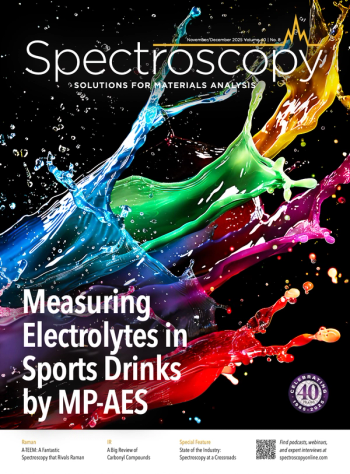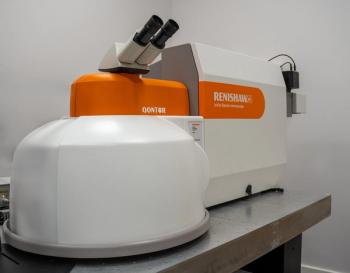
Mass Spectrometry Provides New Insight in Stroke Research
New research conducted using mass spectrometers has provided insight into key areas of stroke evaluation and treatment.
New research conducted usingmass spectrometers has providedinsight into key areas of strokeevaluation and treatment.Led byMingMing Ning, a clinical neurologistand researcher at the ClinicalProteomics Research Center atMassachusetts General Hospital(Boston, Massachusetts), the researchprovides potentially significant new insightinto patent foramen ovale (PFO) and itsconnection with strokes. PFO refers to acongenital heart abnormality, which leavesopen a passage between the left and rightsides of the heart, enabling blood clots totravel from the leg to the brain.
Strokes are the leading cause ofserious long-term disability in theUnited States, and with PFO affecting25% of the worldwide population,the potential health impacts aresignificant. Identification of potentialbiomarkers in mass spectrometrydata derived from the collaborativeresearch provides scientists withnew insights into how PFO can berelated to strokes. If confirmed,these insights may be important inhelping doctors to select the mostappropriate treatment for individualPFO stroke patients.
The research, conductedby Thermo Fisher Scientific’sBiomarker Research Initiativesin Mass Spectrometry Center incollaboration with MassachusettsGeneral Hospital, Harvard University,has also led to potential insightsin the understanding of tissueplasminogen activator (tPA) instroke treatment. tPA is a drugthat can be safely administeredonly within a very short windowof time after stroke symptomsoccur. The treatment, whichworks by dissolving blood clots,has proven highly effective, butinvolves significant risks. Only 5%of patients fit the timeframe criteriawithin which it is safe to administertPA. Through the use of massspectrometry–based proteomicsworkflows, data from the researchmay help scientists identify a widerscope of patients who might benefitfrom tPA.
Newsletter
Get essential updates on the latest spectroscopy technologies, regulatory standards, and best practices—subscribe today to Spectroscopy.



